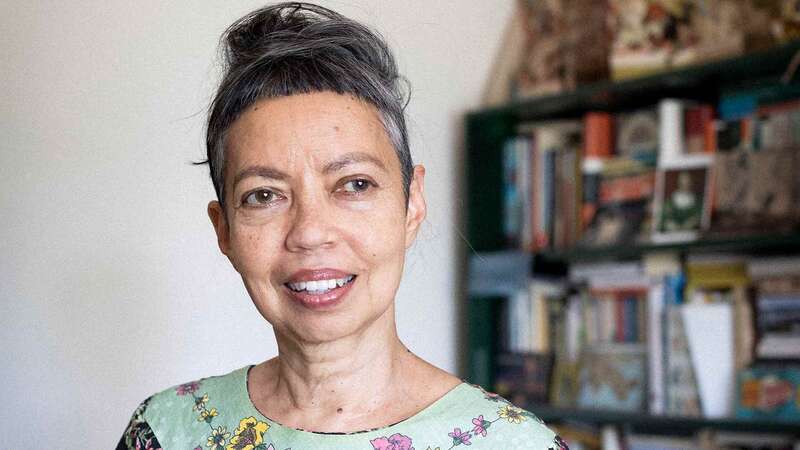You are viewing your 1 free article this month. Login to read more articles.
Magic mushrooms: Long’s fungi-fuelled hit
An improbable bestseller from Norway in recent years is Long Litt Woon’s The Way Through the Woods, at least on a cursory glance at its oddball pitch of being about "mourning and mushrooms". But a deeper look shows that Long’s singular, powerful memoir is bang on trend, with a clear antecedent of complex grief autobiography mixed with a nature writing journal in the form of Helen Macdonald’s H is for Hawk.
Like Macdonald’s book, the impetus for The Way Through the Woods was a tragic death. As an 18-year-old student, Long left her native Malaysia to study anthropology in Norway. There she fell in love with fellow student Eiolf Olsen, they soon married and spent 30 happy years together in Oslo. Then, one day in 2010, Olsen died unexpectedly after he went in early to work.
Long says: "I got two phone calls. One from his colleagues, to say Eiolf had collapsed and had been taken to hospital. Then, when I was going around the house looking for things he might need, [a call] from the doctor, who told me he was gone. I couldn’t process it. I was devastated. As I write in the book, when you are in a long-term marriage the only ways out are death and divorce. And coping with a sudden, early death is so difficult. Everything seemed dark." As she tried to cope with the loss, friends suggested all manner of activities: bereavement counselling, yoga, meditation. She tried them all, but nothing seemed to work. Then she saw a "Mushrooming for Beginners" course from the Norwegian Mycological Association and she started to be drawn out of her grief. Long explains: "Part of what helped about mushrooming was that I was in this new community and it is an outdoor activity, out in nature. But it is a very sensory pursuit: you have to be there, use your senses, particularly your smell. I was dulled after I lost my husband, now I was alive again. The first time I felt true joy after my husband died was when I found this edible mushroom—it was a true morel, my favourite."
For all its rumination on death, The Way Through the Woods is a joyful book, particularly with the quirky characters Long meets in the mushrooming community. "We can be an eccentric bunch," Long acknowledges. And it is informative, with advice on identification, fungi picking, and even recipes. It also has a chapter on magic mushrooms. Surprisingly, mentioning psilocybin is a taboo in the mycological circles. Long says: "When I started asking [my fellow mushroomers], no one wanted to talk about them—most were really defensive. I hit a nerve. I understand the risks, but the anthropologist in me thought I should write about how magic mushrooms have been used, and how they might be in the future."
The Way Through the Woods has been sold into 13 languages and is published in the UK and Commonwealth by Scribe—which Long praises for allowing her to change the initial, older English translation into the current one by Barbara J Haveland. Long is happy to reach a wider audience, for “we need to talk more about grief. Dealing with it is not a linear thing, it is a really big mess that goes round and round. The more honest we can be about it, the better it is for mourners and people around the mourners.”














